Q. WHY DO YOU ONLY TEACH ADULTS?
A. Kids need a teacher alongside them to guide them, but adults don’t. It’s that simple.
Q. WOULDN’T I DO JUST AS WELL WITH A LOCAL TEACHER?
A. Yes, a local teacher is preferable if you can work it into your schedule. (Most adults can’t.) If you do go with a local teacher, make sure that they know and teach music theory and chords and improvisation. Otherwise, you’ll be like a one-legged person — able to read music but completely lost without music in front of you.
Q. ARE THE COURSES RETURNABLE?
A. Nope. All sales are final.
Q. CAN I EXCHANGE A COURSE FOR ANOTHER THAT IS MORE SUITABLE FOR ME?
A. Again, nope. All sales are final.
Q. DO YOU GUARANTEE THAT I CAN LEARN TO PLAY THE PIANO?
A. Of course not. How can we do that? We have no idea how motivated you are, how much time you have to practice, how focused you are, what your musical aptitude is or if you even have a piano. You, on the other hand, can guarantee it — if you study diligently and rehearse. Over time, you sow what you reap. It’s an inexorable principle of life.
Q. WHY DO YOU HAVE SO MANY COURSES? COULDN’T YOU PUT THEM ALL INTO ONE COURSE?
A. That’s like asking your college if they could put every course they offer into one textbook! Knowledge is much too broad for that.
Q. DO YOU EVER OFFER SPECIALS FOR YOUR COURSES?
A. Almost never. (Not unless we’re liquidating inventory.) Sales and discounts are fine for items such as furniture and groceries, but they’re never good for education or professional services. If you had brain cancer, would you look in the yellow pages for a discount surgeon? I don’t think so. If you were in serious legal trouble, would you shop for a cheap lawyer? Not unless you were foolish. The same is true with any kind of education. In education, you get what you pay for. That’s why Duane set up a newsletter with free tips — so you can decide whether or not he knows what he’s talking about. Most people are so excited after the first 2 or 3 weeks that they can’t wait to get started with more courses!
Q. I’M A BEGINNER. WHAT COURSE SHOULD I TAKE?
A. The very best thing you could do would be to buy Crash Course In Exciting Piano Playing. It’s a 52-week course that covers everything from sight-reading to chord playing to music theory and styles and tons of other stuff. The idea is that you take one lesson per week and gradually learn to play by both written sheet music and chords. The synergy that happens when you combine the two aspects is powerful — you’ll not only play, but you’ll also understand what you’re playing and why.
Q. I DON’T WANT TO GET THAT INVOLVED. I’M KIND OF A BEGINNER, BUT I JUST WANT TO LEARN TO PLAY A TUNE AND PLAY CHORDS ALONG WITH IT. WHERE SHOULD I START?
A. Then the perfect course for you is “How To Play Chord Piano In Ten Days!” It’s exactly what you need. And if you play a little already but don’t really understand chords and how to use them, then you need to take this course too so you can learn chords well enough to be able to play fluently.
Q. I KNOW SOME CHORDS ALREADY. WILL “HOW TO PLAY CHORD PIANO” BE TOO EASY FOR ME?
A. Here’s how to find out. If you can’t quickly answer these 4 questions, then you need “Chord Piano.”
(Answers are at the bottom of this page so you can check up on your chord knowledge.)
- What is the 6th of the A6 chord?
- What note is the lowest note of the Eb major chord in 2nd inversion?
- What notes are in an open-voiced arpeggio of the Dm chord, and what is their order from bottom to top?
- What notes are in the Fm7 chord?
If you know the answers, can you execute:
A swing bass? A straddle? A tremelo-fired run?
If you know all this, then you don’t need “Chord Piano.” You probably need “How To Dress Up Naked Music!” which shows 101 ways to use the chords you already know.
Answers: 1. F# 2. Bb 3. D, A, F 4. F Ab C Eb


